The future is here: AI helps doctors detect cancer in the early stages!
Cancer is the worst disease of our time. People keep losing their lives because of it, and this is mostly because it’s detected when it’s too late and there is nothing else to do. The likelihood of implementing a successful treatment plan rises for several tumor groupings when cancer is diagnosed early.
Important strategies involve identifying patients who are at risk but do not exhibit symptoms and promptly and suitably examining those who do. However, according to Harvard University and recent research, AI helps doctors detect cancer in its early stages. This is good news! Without further introduction, let’s start with the benefits of AI in identifying all types of cancer.
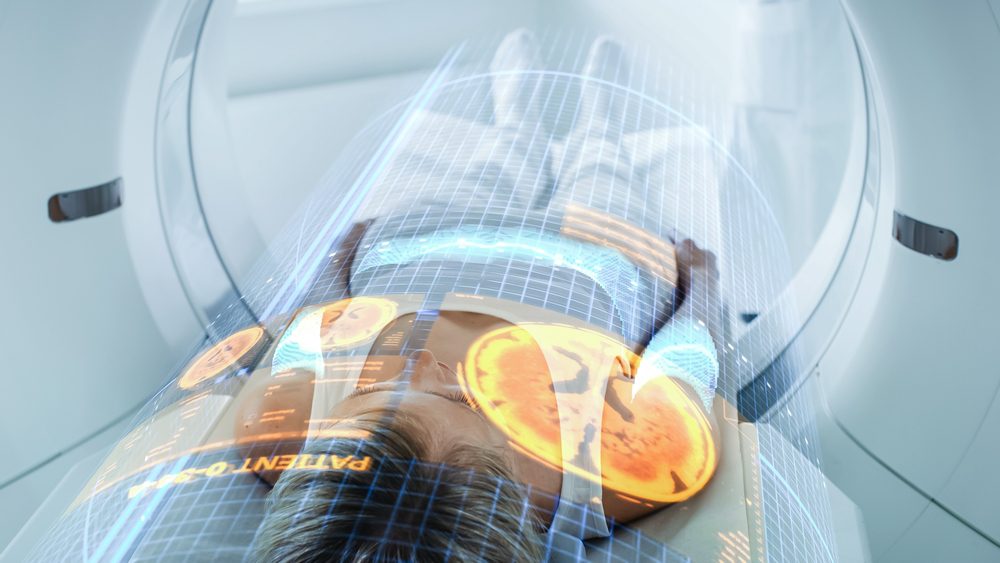
What is AI?
Algorithms, or computer programs used to generate predictions or judgments, are referred to as artificial intelligence. Scientists may design an algorithm as a collection of guidelines, or instructions, that the computer must adhere to to process information and reach a conclusion. AI was experimented with by certain doctors on certain MRI scan data. Thousands of MRI scans, some from patients known to have prostate cancer and some from healthy individuals, were used to train their algorithm.
Other methods of artificial intelligence, such as machine learning, include teaching the algorithm how to evaluate and comprehend data on its own. As such, patterns that are not immediately visible to the human eye or brain may be detected by machine learning algorithms.
Now, the good thing is that AI helps doctors detect cancer in its early stages. Deep learning, a subset of machine learning, has also been applied by researchers to cancer imaging. Algorithms used in deep learning categorize data like that of the human brain.
“Artificial neural networks,” which are used in deep learning techniques, are models of how brain cells receive, interpret, and respond to messages from other parts of the body.
AI can help doctors detect cancer through medical imaging
That’s it. We’re in the century of the best technology ever, and while this may have quite a few drawbacks, and everybody is putting AI in a bad light, it can be a very useful tool, especially in the medical field.
Science is a complicated domain, but let us explain it to you in more simple words for you to understand. AI can identify individuals who are at a high risk of contracting cancer before the disease manifests itself and detect malignancies that have already been diagnosed.
This enables medical professionals to keep a close eye on these individuals and act quickly when necessary. AI cancer prediction was something the Massachusetts Institute of Technology wished to try. Tests were conducted to identify breast cancer early on before any obvious symptoms appeared. Around 89,000 mammograms of approximately 40,000 women were gathered to be part of the tests (keep in mind that these selected mammograms were taken over 4 years).
A machine-learning system was then taught by a computer scientist to anticipate every image. The test findings were astounding: 30% of women who would go on to develop breast cancer in the future were categorized as high-risk by the algorithm.
Compared to test interpretations run by humans, only 18% of the patients were flagged as cancer patients. There is no better proof that AI helps doctors detect cancer in its early stages!
Self-diagnosing apps
People are routinely screened for precancerous cells, which have the potential to develop into cancer, or for symptoms of cancer with procedures including Pap tests and mammograms. Early detection and treatment of cancer is desirable, ideally occurring before it develops, spreads, or even appears.
AI technologies have been created by scientists to support several cancer screening tests, including those for breast cancer. Though research in this field is rapidly changing, AI-based computer algorithms have been utilized to assist clinicians in the interpretation of mammograms for more than 20 years.
Now, a self-diagnosing app is in development. This can help people get initial feedback on their condition quickly without making an appointment with their doctor. This is another way AI helps doctors detect cancer. Skin cancer was one of the first types of cancer tested with a mobile app like this, and guess what? There was 95% accuracy in the initial test.
If you’re not 100% convinced that AI helps doctors detect cancer in the early stages, this book will help you with that. Artificial Intelligence and its transformative impact on healthcare is a book published this year, and it’s meant to open our eyes to big and good transformations in the medical field. Is AI capable of creating a better world for us? You have to find the answer on your own.
The book is available on Amazon for $1.05 for the Kindle version and $5.50 for the paperback format.
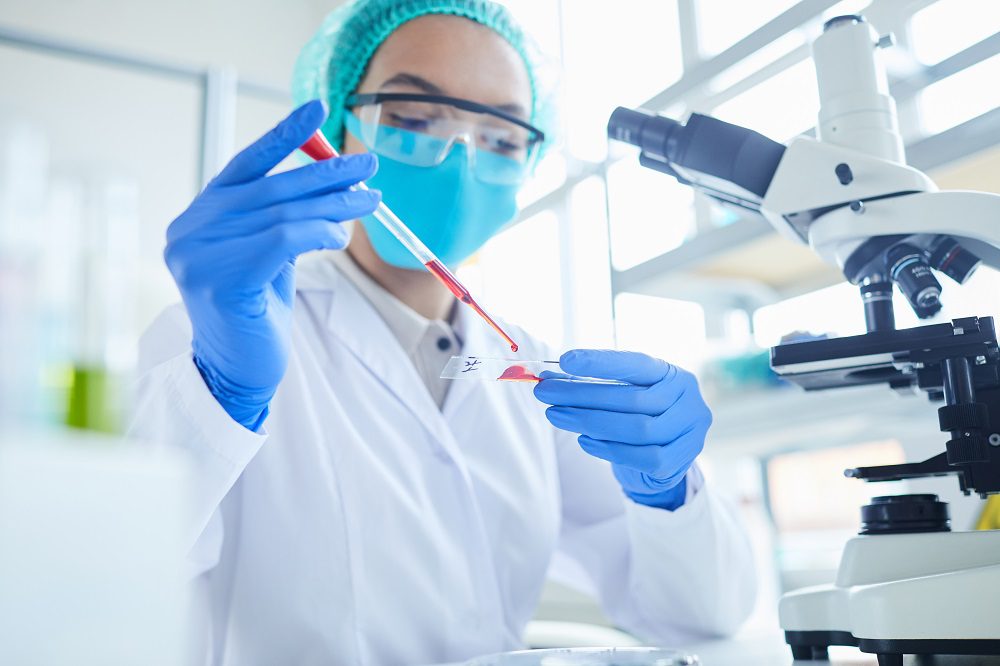
AI in blood tests
AI helps doctors detect cancer in its early stages through enhanced blood tests. When it comes to cancer detection and tracking, artificial intelligence (AI) systems that examine ctDNA and miRNA plasma levels outperform routine CT scans.
An innovative AI-based method for lung cancer blood test diagnosis was created by scientists at the Johns Hopkins Kimmel Cancer Center. 796 participants’ blood samples from the US, Denmark, and the Netherlands were used to evaluate this strategy.
This blood test was used in conjunction with CT scans, clinical risk factors for the patients, and protein biomarkers. Consequently, 91% of participants with early illness stages and 96% of patients with late cancer phases correctly identified cancer.
AI can determine which cancer treatment is better
Imaging tests provide critical information about different cancer kinds to medical professionals, including growth rate, metastases, and likelihood of recurrence following therapy. The good news is that AI assists medical professionals in detecting cancer and providing the correct treatment in a matter of minutes, in addition to imaging, scanning, and blood testing.
According to several studies, AI may be able to more precisely and more fully extract prognostic information from imaging scans than humans can now. Currently, tests are being developed for bladder cancer since, when using conventional methods, clinicians alone are not always able to detect malignancies in the bladder muscle.
There is no doubt that a couple of questions still linger in our heads even after reading thousands of studies made by scientists and doctors themselves. AI helps doctors detect cancer in its early stages, but when will it be stable? In how many years will we have the certainty of having AI as our primary help? Will we be healthier soon?
What’s your opinion of AI? Tell us in the comments.
Did you read the article about how AI helps doctors detect cancer, and this made you curious about more scientific stuff? We got you! If you’re a new member of the Science in the World community, hit that subscribe button and let us send you daily newsletters about everything cool about science. Trust me, you won’t regret it! In case you change your mind and want to take a break, unsubscribing is also free!
Before leaving you may also want to check out: How Long Can Humans Truly Live? 7 Fascinating Facts You Didn’t Know About The Human Life.




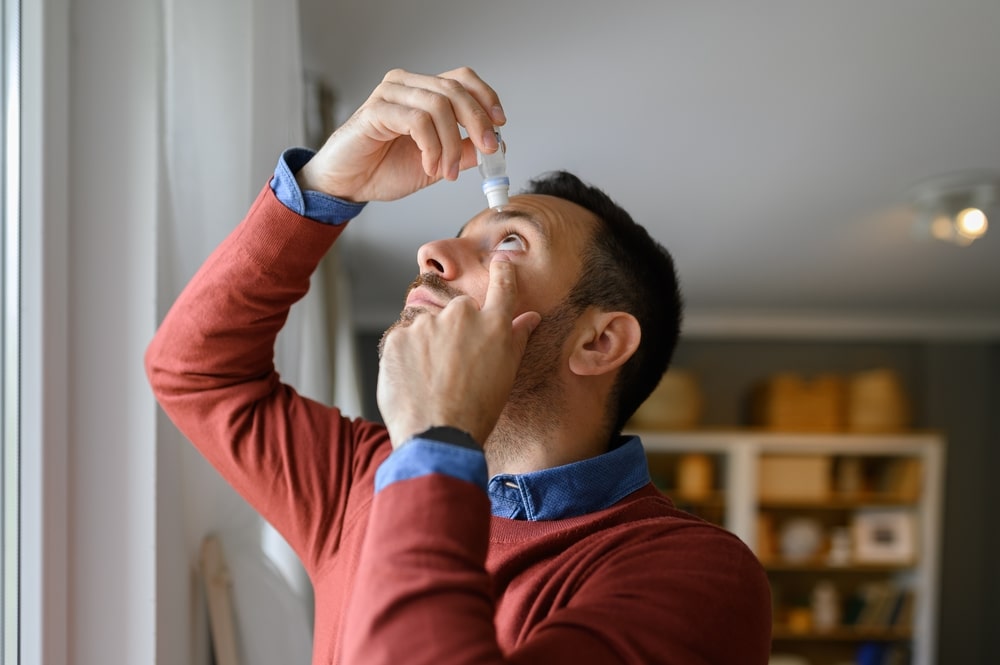



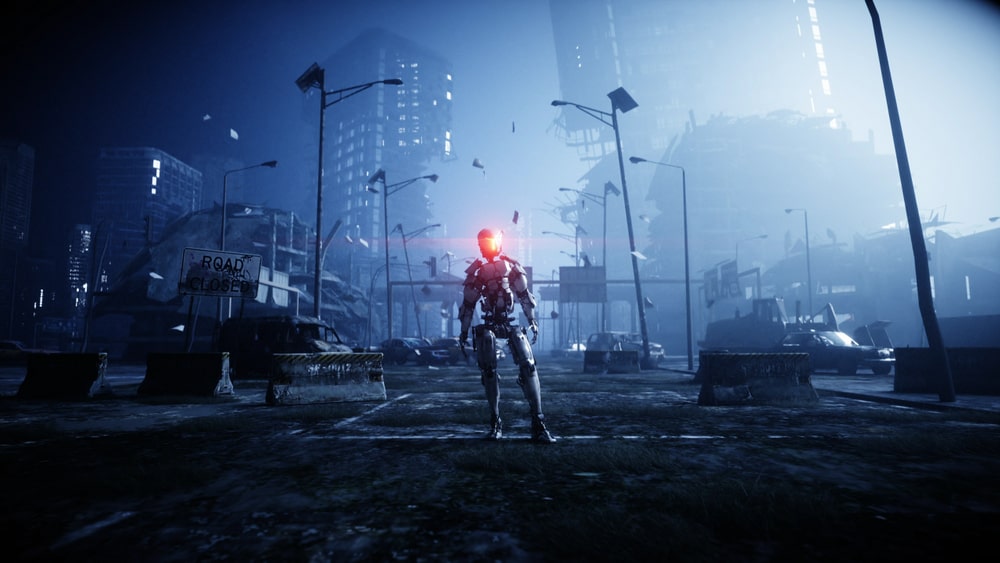

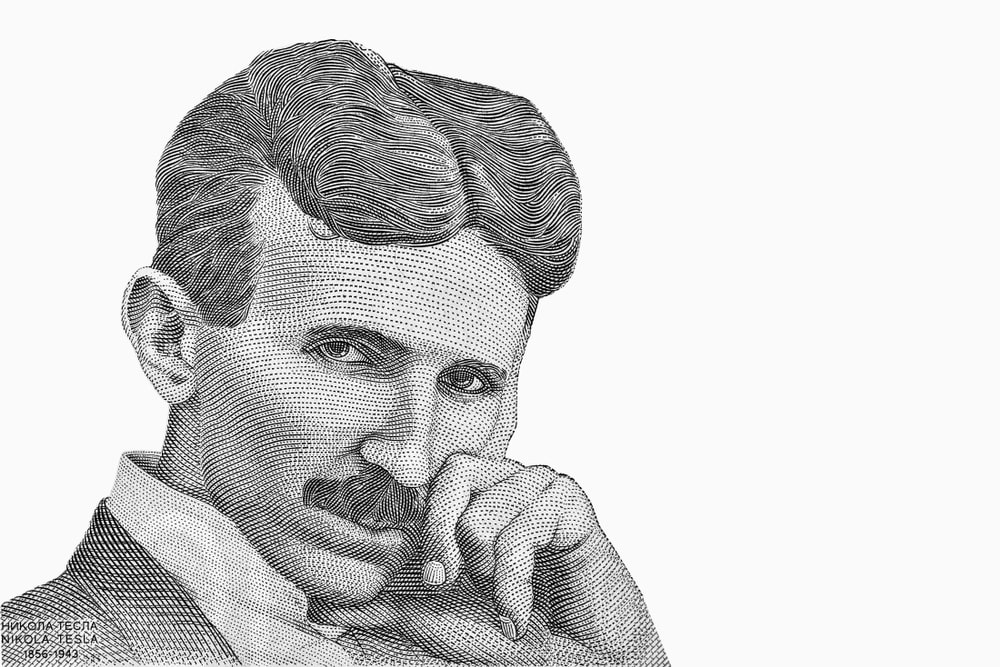


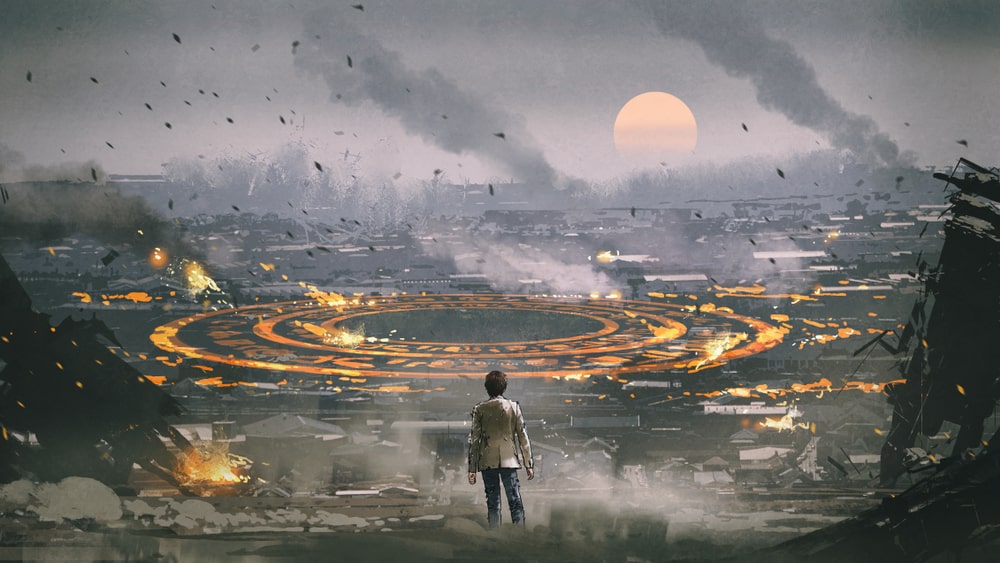

One Response
Great informations